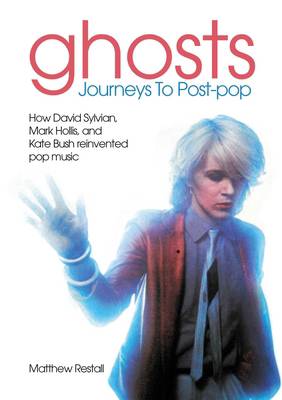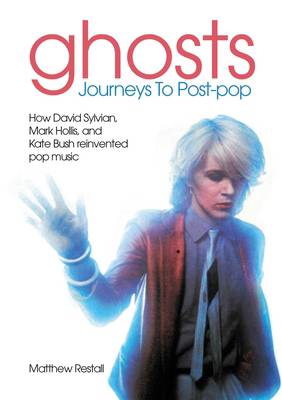
- Afhalen na 1 uur in een winkel met voorraad
- Gratis thuislevering in België vanaf € 30
- Ruim aanbod met 7 miljoen producten
- Afhalen na 1 uur in een winkel met voorraad
- Gratis thuislevering in België vanaf € 30
- Ruim aanbod met 7 miljoen producten
Zoeken
Omschrijving
Three music-obsessed, suburban London teenagers set out to make their own kind of pop music: Kate Bush became an overnight star, while success came to David Sylvian (and Japan), and to Mark Hollis (and Talk Talk) after years of struggle. But when their unique talents brought them international acclaim, they turned their backs on stardom. 'Just when I think I'm winning, ' sang Sylvian on 'Ghosts, ' a 1982 Japan hit, 'when my chance came to be king, the ghosts of my life grew wilder than the wind.' Haunted by doubt, spooked by fame, shocked by the industry's classism, sexism, and rapacity, Sylvian, Hollis, and Bush were driven to brave new destinations by multiple factors: creative originality and the inspiration of artists from every genre; the turmoil of personal relationships and inner psychological struggles. Along the way, as sacrifices were made - bands, friendships, marriages, the trappings of stardom - and experiments were pursued with dogged fearlessness, these musicians forged something new, changing how we hear pop music and the role of its creators in modern society. Ghosts uses the Sylvian, Hollis, and Bush journeys to define post-pop for the first time. Weaving together memoir, biography, musicology, cultural criticism, and history, the book shows how the story is both personal - as individual artists struggled with their own ghosts - and contextual, a larger history of pop music, popular culture, and the creative process itself. The post-pop story is about music and fame, ambition and fear, happiness and melancholy. As a journey from noise to silence, the journey to post-pop is ultimately about life itself.
Specificaties
Betrokkenen
- Auteur(s):
- Uitgeverij:
Inhoud
- Aantal bladzijden:
- 208
- Taal:
- Engels
Eigenschappen
- Productcode (EAN):
- 9781789523348
- Verschijningsdatum:
- 15/01/2025
- Uitvoering:
- Paperback
- Formaat:
- Trade paperback (VS)
- Afmetingen:
- 147 mm x 211 mm
- Gewicht:
- 362 g

Alleen bij Standaard Boekhandel
+ 55 punten op je klantenkaart van Standaard Boekhandel
Beoordelingen
We publiceren alleen reviews die voldoen aan de voorwaarden voor reviews. Bekijk onze voorwaarden voor reviews.







